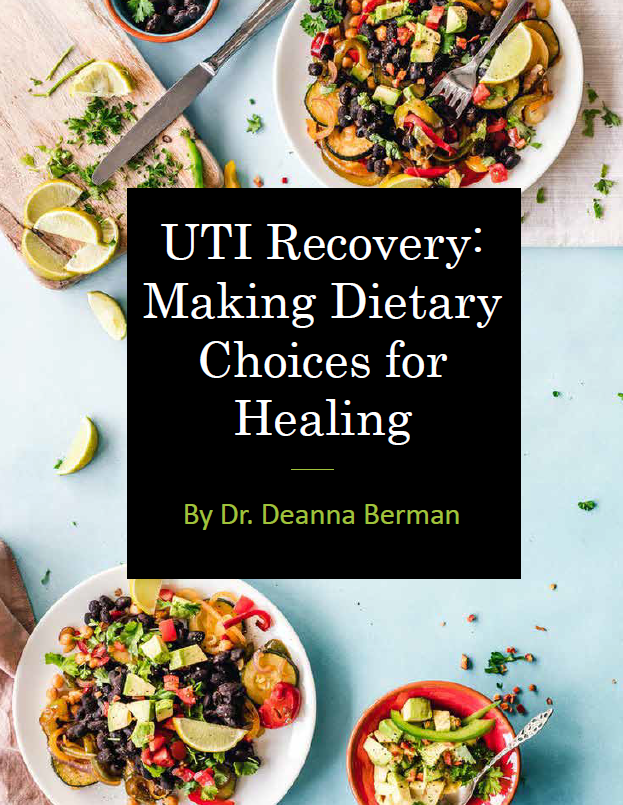What is a biofilm?
A biofilm is a colony of organisms, including yeast, fungi, parasites and bacteria that live in a community. These colonies are considered “super-biotic colonies”. Biofilms can also be formed by viruses. These are called viromes. When I first learned about bacteria, I was taught that bacteria live as a single organism floating around, but bacteria mostly live in biofilms. It is natural for bacteria to form into biofilms. Once in the biofilms, the organisms have a protective barrier that protects them from antibacterials, antifungals and from the immune system. The organisms in the biofilm are 400-1000 times more resistant to antibiotics.
How do biofilms form?
As I stated, bacteria and fungi will naturally form biofilms. Bacteria live all over the body and will create biofilms wherever they live. The biofilms form anywhere there is water. In nature biofilms form on the bottom of boats, on rocks and other surfaces. In the body biofilms form in the digestive tract, the bladder, vagina, sinuses, on teeth, etc.
There are two phases of biofilms, phase 1 and phase 2. The formation of biofilms is a continuum. First, there are free floating bacteria that come together. These attach to surfaces, such as the blood vessels or an IUD or the bladder cell walls. During the initial phase of formation, biofilms can be disrupted. It is a natural process for biofilms to form and then be disrupted. If they are not disrupted, they form a protective barrier.
As biofilms continue for longer periods of time, they get stronger and the barrier becomes more difficult to penetrate. In the early phase 1 of biofilm formation our body has natural mechanisms to break up biofilms. There are also many foods that work at this stage to break up biofilms. As biofilms move into phase 2 they are much harder to penetrate and we need to use more aggressive biofilm treatment.
Why do we need to know about biofilms?
Biofilms are the reason people have chronic and Recurrent UTIs, recurrent BV and Interstitial Cystitis (IC). They are the reason for most chronic illness, including IBS, SIBO, Ulcerative colitis, chronic sinusitis, endometriosis, etc. When the bacteria are living in a biofilm, the antibiotics cannot get to them and the bacteria will continue to survive and thrive in the biofilm. Bacteria share genetic material in the biofilms. Information such as antibiotic resistance can be transferred from one bacteria to another in a biofilm You can take lots of antibiotics, but if the bacteria are in biofilms, the antibiotics will not get to them. The immune system also will not “see” the bacteria in biofilms.
What to do about biofilms?
The first thing is to prevent biofilms. We do this by eating a diet full of foods that naturally prevent biofilm formation. Second, we keep our digestive tract healthy, and especially avoiding things like acid blockers. Third we avoid antibiotics as much as possible.
Phase 1 and Phase 2 Biofilm Disruptors:
There are many foods that disrupt biofilms. In my ebook available at www.drdeannaberman.com you can look at some of this information. I am writing a book that will go into more detail about this.
Supplements can offer a direct and potent way to disrupt biofilms as well. Below are the most successful options I use consistently with clients (click on the name to learn more & order for yourself):
Phase 1 biofilm disruptors:
Interfase by Klaire Labs
Interfase Plus by Klaire Labs
BiofilmX by Vita Aid Professional
Phase 2 biofilm disruptors:
Biofilm Phase 2 Advanced by Priority One
For the complete bundle of Phase 1 & Phase 2 options, click to view my Protocol for Biofilm Disruptors.
For those of you dealing with gastritis or GERD, you may also want to look at this link for some options: Gastroesophageal Reflux Protocol
Facebook Live Event Monday at 11am
If you are dealing with chronic/recurrent UTIs or IC or chronic/recurrent vaginal infections, please join my Facebook Live event in my Facebook group UTI Recovery on Monday at 11am. If you are not a member of my Facebook group, UTI Recovery, please ask to join. Please send me any feedback and suggestions for future emails.
